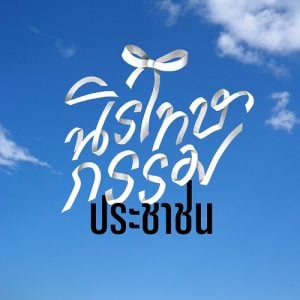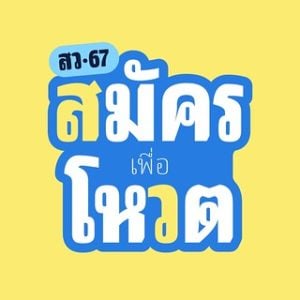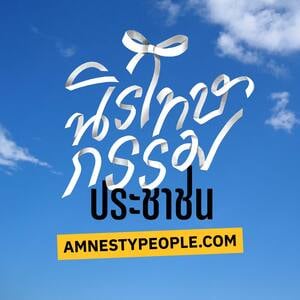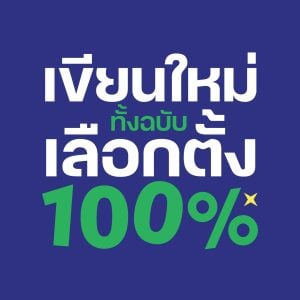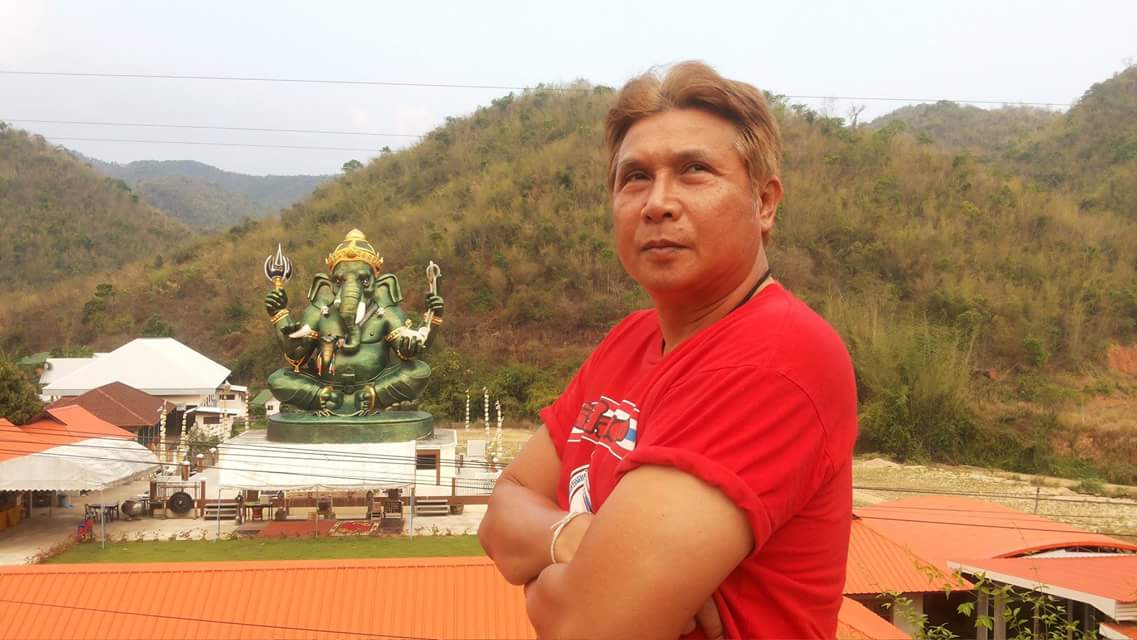
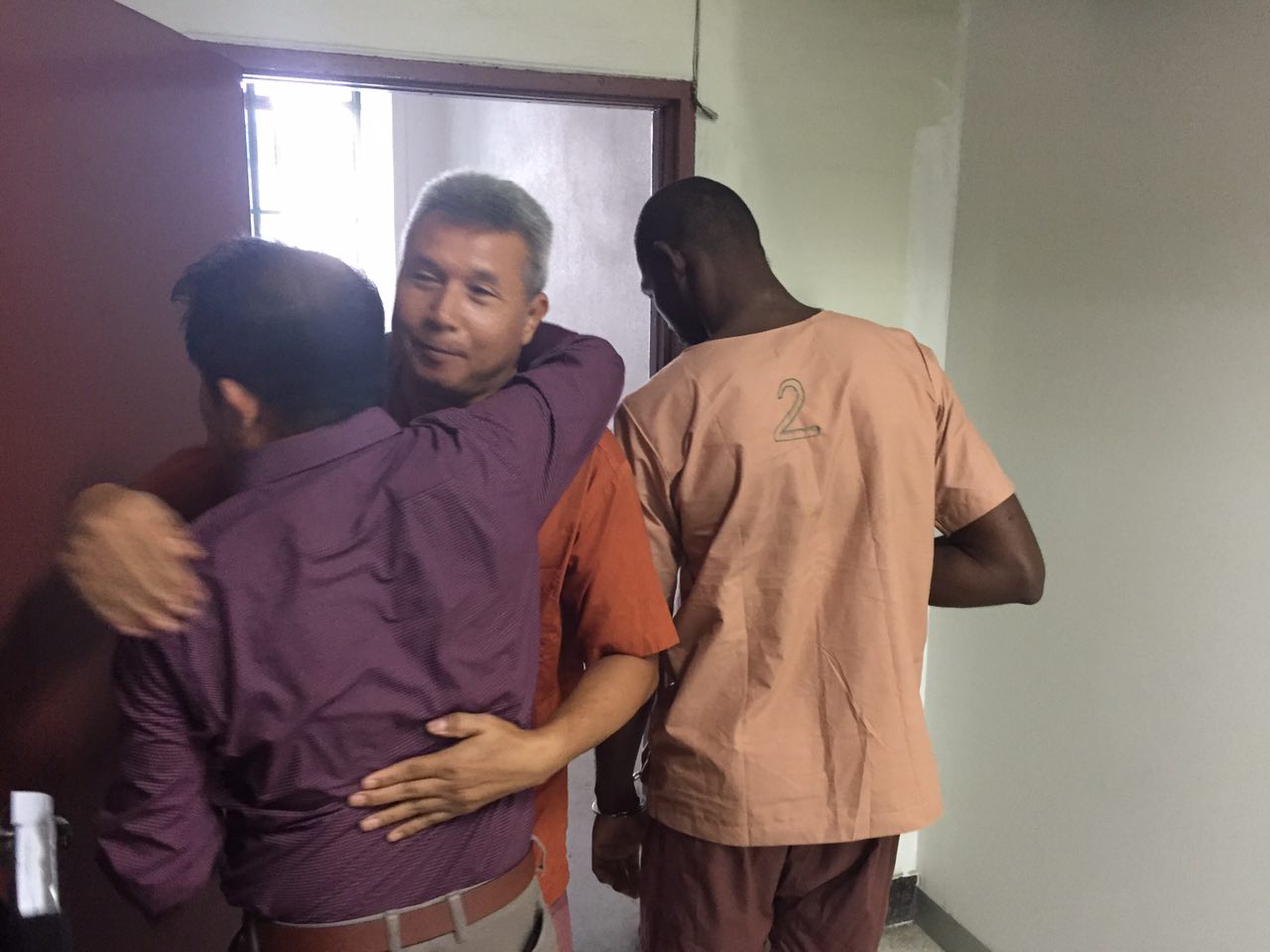
On 1 June 2016, the court proceeded on Tom’s case. The trial started with a question asking if Tom would promise to sing ‘reconciliation songs’ and ‘reforest to honour H.M. the King’ as indicated in the statement attached to the plea. He agreed as the court took everyone in the room to be witnesses. Only then would the announcement of the verdict started. The court did not ‘read’ the pre-written text, but rather ‘explained’ that Tom’s wrongdoings were five counts; namely, three lèse majesté offenses defaming the King, one offense from the defamation of the Queen, and one for posting video clip on YouTube. The Judge assumed that the speech was possibly not continuous, so the lèse majesté case was divided into three counts. However, the Chief Justice and the Deputy Chief Justice both agreed that it should be counted as one count because it was one speech.
“Actually, there was a concert on that day, too, right? So, that means after a speech, there was a concert, only then would [you] continue speaking. Normally, people don’t speak continuously for five to six hours,” asked the Judge. Tom, then, explained that he could not remember exactly about that day. However, usually the concert would only start after the whole speech is finished. “Not like [you] spoke nonstop and there wasn’t any music for a pause, right? There might have been a pause. I [the court] haven’t seen the video clip. The CD the police handed out couldn’t be played,” the Judge said with a giggle.
In the midst of confusion of every attendant at the trial, the court concluded that the defendant was guilty for three counts. Therefore, the sentence was five years in prison for each counts, making it 15 years in total. However, the punishment is reduced to half—seven years and six months—because the defendants pleaded guilty.
“When [they] notified us the charge, I thought there was only one count. Now today I’m shocked, it was five counts reduced to three,” Nun said to me while walking out of the courtroom. A journalist asked Tom whether he would appeal. He replied, “No, I already got this much even though I pleaded guilty.”
RELATED POSTS
No related posts

